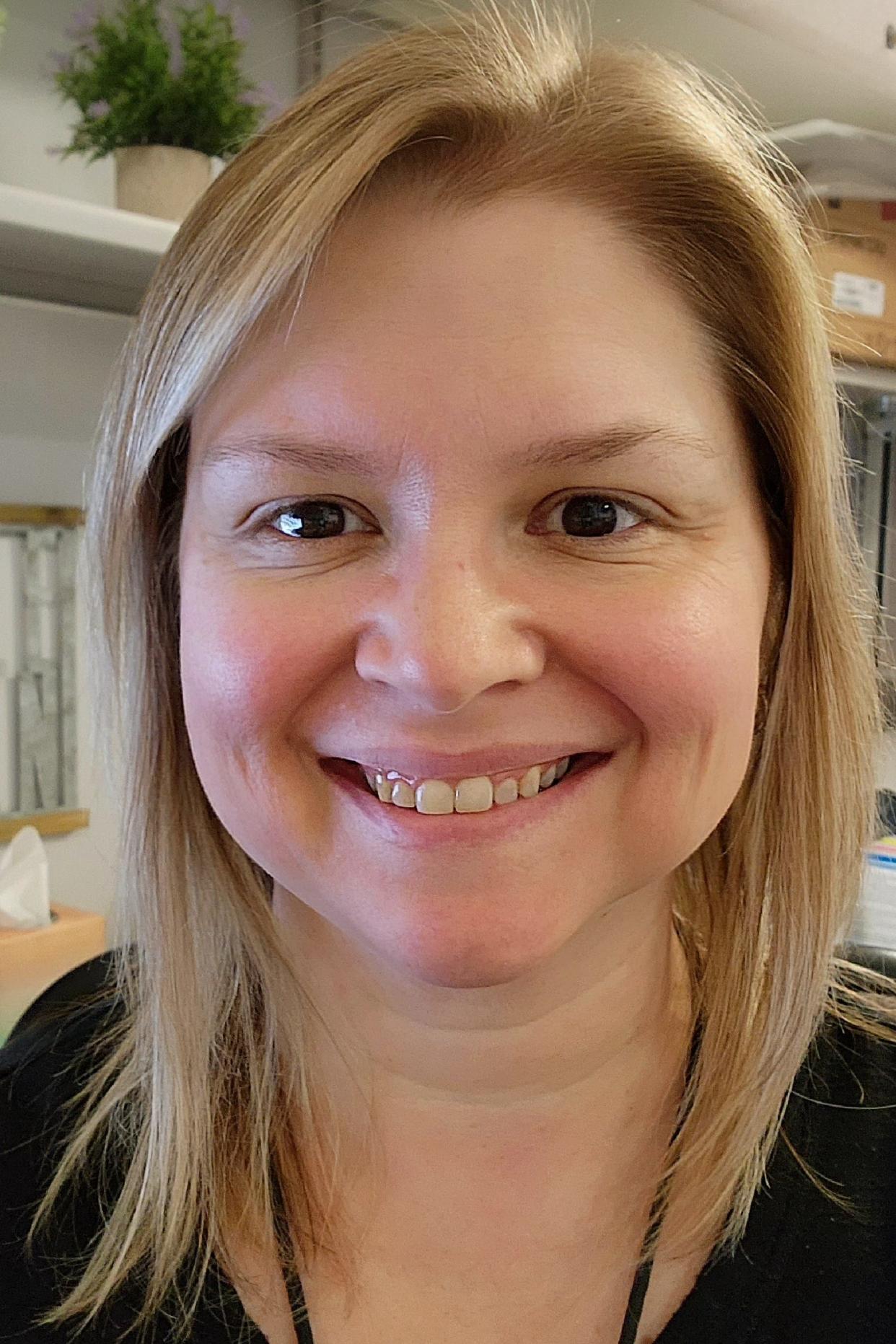Feeling weak? Maybe it’s Anemia

Anemia is the most common blood disorder, affecting more than 3 million people in the US alone. Many of these people don’t know they are anemic and many never experience symptoms. What is anemia?
According to the American Society of Hematology, anemia is defined as a condition in which the body does not have enough red blood cells or when your red blood cells do not function properly. Red blood cells are responsible for carrying hemoglobin, an iron-rich protein, which attaches to oxygen in the lungs then oxygenates the body. With anemia your body becomes low on oxygen and this can cause symptoms like:
Weakness
Shortness of breath
Dizziness
Fast or irregular heartbeat
Pounding or "whooshing" in your ears
Headache
Cold hands or feet
Pale or yellow skin
Chest pain
There are many types of anemia caused by a variety of conditions and other abnormalities or deficiencies in the body. The most common type of anemia is iron deficiency anemia. This type of anemia occurs when there is not enough iron in the body. Vitamin- deficiency anemia occurs when there are low levels of vitamin B12 or folic acid in the body. Aplastic anemia happens when the bone marrow does not makes enough blood cells and hemolytic anemia occurs when red blood cells are broken up in the bloodstream or in the spleen.
Various diseases can lead to anemia
There are other diseases and conditions that can lead to anemia. When a women is pregnant her body consumes a lot of iron and this can lead to pregnancy- related anemia. Sickle cell anemia is a disease in which the red blood cells are rigid and abnormally shaped. Kidney disease can cause people to be anemic due to decreased production of hormones that tell the bone marrow to make blood cells. Chemotherapy can lead to anemia because the medications used can decrease the body’s ability to produce new red blood cells.
Anemia is diagnosed by doing blood tests and diagnosing underlying diseases that cause anemia. Treatment is based on what type of anemia you have. Treatment can consist of:
Vitamin supplements
Iron Infusions
Blood transfusions
Management of underlying diseases
Iron supplements
Some types of anemia cannot be prevented, some can. Iron and vitamin deficiency anemia can be prevented by eating foods high in iron like beef and dark green, leafy vegetables. You can eat foods high in vitamin B12 like meats and dairy products. You can eat foods high in folic acid, like citrus juices, leafy green vegetables, and fortified cereals. You can also take a daily multivitamin if your provider says that it is safe for you to do so.
If you feel you may be at risk for anemia or are experiencing symptoms you should talk to your healthcare provider. IF you do not have a provider, and would like to schedule an appointment with a University Hospitals primary care provider call 419-207-2501 for assistance in scheduling or visit uhhospitals.org/schedule.
As always, if you are having a life threatening emergency like chest pain, signs and symptoms of stroke, or difficulty breathing, you should call 911 immediately. If you would like more information on anemia you can visit hematology.org.
Christina Vanderpool is the community outreach and communications and development specialist at University Hospitals Samaritan Medical Center in Ashland.
This article originally appeared on Ashland Times Gazette: Many don't know they are anemic

